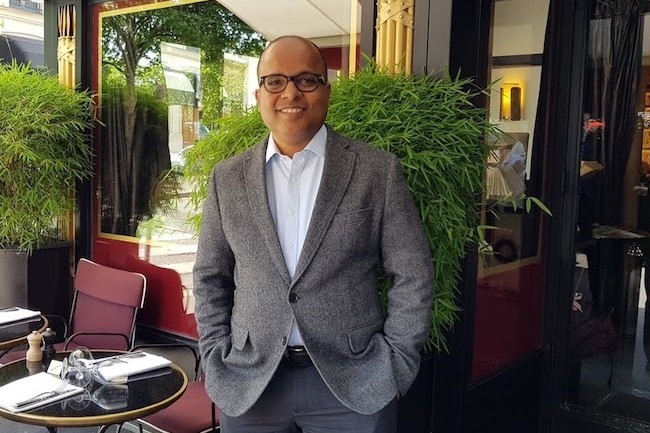(October 11, 2024) In the quiet corridors of Bombay’s prestigious Cathedral and John Connan School, a young Ratan Tata navigated the complexities of life marked by privilege and great expectations. Born in one of India’s most renowned business families — his father, Naval Tata, and mother, Sooni Tata — Ratan was destined to inherit a vast legacy. However, his personal life was shaped by challenges, including the separation of his parents when he was just ten years old. Raised by his grandmother, Navajbai Tata, Ratan absorbed early lessons in dignity, grace, and resilience. “I had a happy childhood, but as my brother and I got older, we faced a fair bit of ragging because of our parents’ divorce,” Ratan once reflected. “But my grandmother taught us to retain dignity at all costs.” These values, instilled in him at a young age, would define his leadership as he rose to head Tata Sons, one of India’s most powerful conglomerates.
On Thursday, Ratan Tata, the industrialist and philanthropist, took his last breath at the age of 86, leaving behind a legacy that generations will remember. He didn’t just build businesses but uplifted communities, thus enriching the lives of those touched by his work. He once said,
“I’d like to be remembered as a person who made a difference. Not anything more, not anything less. A person who was able to make a change, who is able to be responsible for some change in the way we look at things.”
Shri Ratan Tata Ji was a visionary business leader, a compassionate soul and an extraordinary human being. He provided stable leadership to one of India’s oldest and most prestigious business houses. At the same time, his contribution went far beyond the boardroom. He endeared… pic.twitter.com/p5NPcpBbBD
— Narendra Modi (@narendramodi) October 9, 2024
A Childhood Shaped by Resilience and Grace
Growing up with his grandmother after his parents’ divorce, Ratan found the perfect pillar of support in her. After completing his schooling from Bombay Scottish School, Shimla and the Riverdale Country School in New York, he was keen to become an architect, but his father Naval Tata wanted his son to take up engineering. “I wanted to learn to play the violin, my father insisted on the piano. I wanted to go to college in the US, he insisted on the UK. I wanted to be an architect, he insisted on me becoming an engineer. If it weren’t for my grandmother, I wouldn’t have ended up at Cornell University in the US,” he had said. Supported by his grandmother, Ratan was able to switch back to his chosen field of architecture, a decision that gave him the independence to forge his own path.
After graduating, Tata briefly worked in Los Angeles at an architect firm, where he considered settling down. He even came close to marriage. “I came back to visit my grandmother, who wasn’t keeping well, and thought the person I wanted to marry would join me. But the relationship fell apart,” he shared. This personal heartbreak marked the end of his time in the US and brought him back to India.
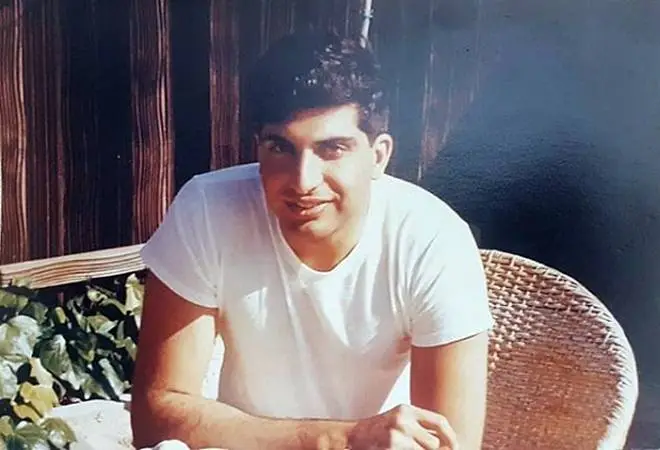
Ratan Tata
Return to India: Family, Duty, and Early Career Struggles
When Ratan Tata returned to India in 1961, he began his career in the family business, working on the shop floors of Tata Steel in Jamshedpur. “It seemed pointless. I spent six months trying to make myself seem useful,” Tata recalled of his early years in the company. Despite these initial frustrations, his time at Tata Steel gave him hands-on experience, which would serve him well later in his career. His time in Jamshedpur for six years became a defining period. Although his architectural ambitions remained a hobby, it was clear that Ratan Tata had begun to find his calling in the family business.
The turning point came in 1991 when JRD Tata stepped down as chairman of Tata Sons, passing the mantle to Ratan. This decision was met with harsh criticism, as there were several contenders for the top position. “There was some vicious criticism,” Ratan would later admit. The scrutiny was intense, with many accusing JRD Tata of nepotism and doubting Ratan Tata’s abilities. But instead of fighting back publicly, Tata chose silence, a response that spoke volumes about the values instilled in him by his grandmother. “I didn’t fight back on the criticism. JRD had to do that — which he did not.”
Global Expansion and Bold Acquisitions
When Ratan Tata took the reins of Tata Sons, the conglomerate was already a national force, but under his leadership, it expanded into a global giant. Today, Tata Group operates in more than 100 countries, with key companies including Tata Motors, Tata Consultancy Services (TCS), Tata Steel, and Tata Power. Under his stewardship, Tata Motors acquired Jaguar Land Rover, TCS became a leader in the global IT services market, and Tata Steel strengthened its position in the global steel industry with the acquisition of Corus.
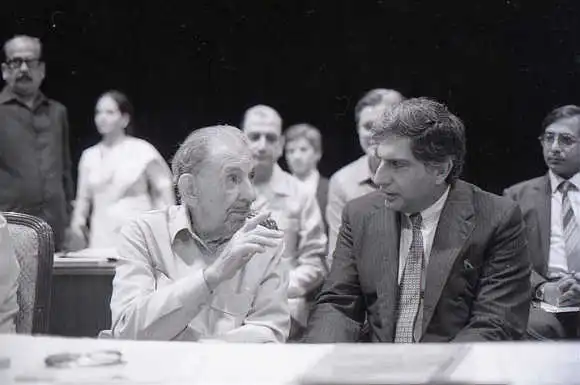
Ratan Tata with JRD Tata
Under his leadership, Tata Group saw unprecedented global expansion. Ratan Tata was at the helm during acquisitions of major international brands like Tetley, Jaguar Land Rover, and Corus, transforming Tata from an Indian conglomerate to a global player. Yet, despite his monumental achievements in business, his greatest legacy might be his dedication to building communities. Whether it was through uplifting workers in Jamshedpur or creating the world’s cheapest car, the Tata Nano, for the common Indian family, Tata’s vision was always larger than profits. “I saw families of four riding on scooters, exposed to the rain, and I wanted to do something about it,” he said. Though the Nano didn’t achieve the commercial success Tata had hoped for, it remained a symbol of his commitment to innovation and improving the lives of everyday Indians. “I’d like to be remembered as a person who made a difference,” he once told an interviewer. “Not anything more, not anything less.”
Ratan Tata was keen to carry forward the legacy of his great grandfather Jamestji Tata, whose family came from Persia to settle in India many decades ago. Jamsetji Tata laid the foundation for what would become one of India’s most influential business empires. Starting with a textile mill in the 19th century, the Tata Group soon expanded into steel, power, hospitality, and more, with a strong commitment to nation-building and philanthropy. Over the decades, the Tata legacy became synonymous with industrial progress and social responsibility, reflecting their vision of uplifting communities alongside commercial success. And Ratan Tata wanted to continue the tradition. During Ratan Tata’s tenure at the helm, Tata Group’s revenues grew from about ₹18,000 crore to ₹5.5 lakh crore (from $6 billion to $100 billion).
Philanthropy and the Pursuit of Social Good
Ratan Tata’s approach to leadership was defined by bold decision-making and a deep sense of responsibility. “I don’t believe in taking right decisions. I take decisions and then make them right,” he famously said, reflecting his willingness to embrace risk. His acquisitions of global brands such as Jaguar Land Rover and Tetley, alongside his investments in cutting-edge technology and sustainable energy, demonstrated his visionary leadership. However, Tata’s focus was never solely on profits. “Power and wealth are not two of my mainstakes,” he once said. His leadership style was grounded in empathy and kindness, and he believed in nurturing talent within his organisations. “The best leaders are those most interested in surrounding themselves with assistants and associates smarter than they are,” he believed, a principle that helped him build a strong team at Tata Sons.
In 2008, after the devastating 26/11 terrorist attacks on Mumbai, Tata personally oversaw the rebuilding of the iconic Taj Mahal Palace Hotel, which was owned by the group. His commitment extended beyond bricks and mortar — he ensured that every employee affected by the tragedy was taken care of. This spirit of empathy and responsibility was at the core of his leadership style.
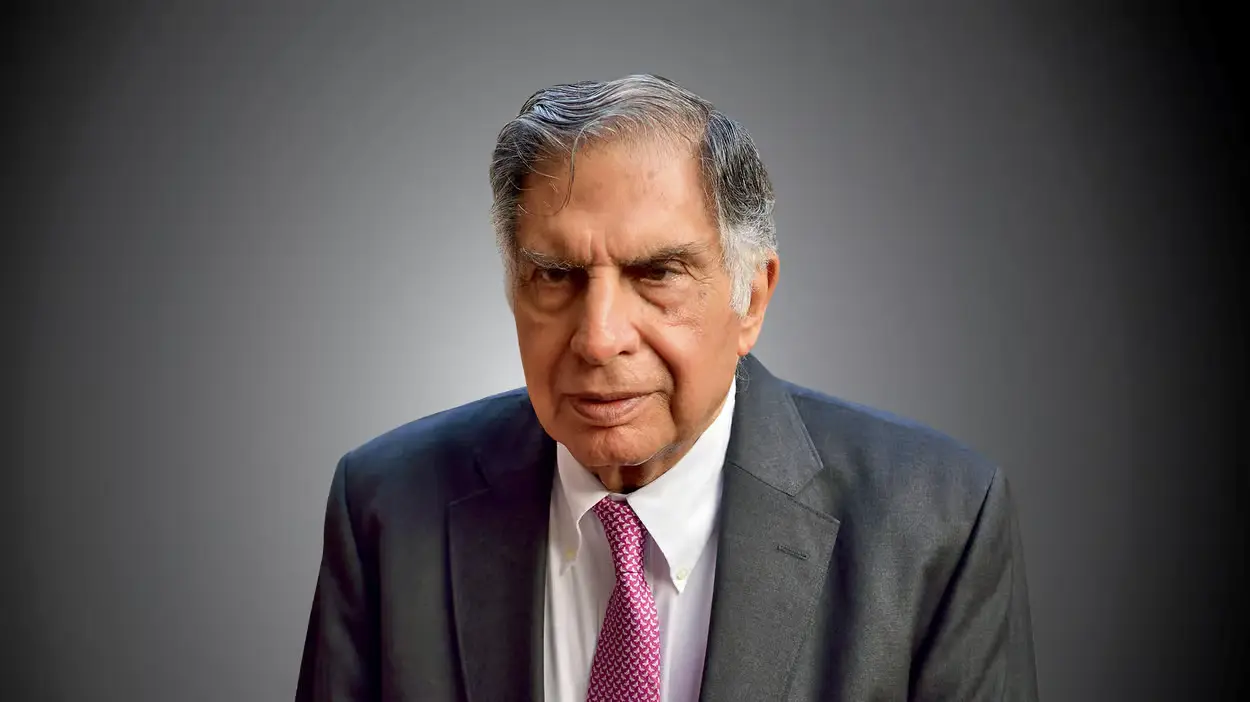
Even after his retirement, Ratan Tata continued to make his mark, particularly through his work with Tata Trusts, where his focus shifted towards rural development, affordable healthcare, and cancer treatment. Despite stepping away from the daily operations of Tata Sons, his desire to make a difference never waned. “When you ask me to give a piece of advice,” he once said,
“I feel like the ‘right advice’ changes over a period of time—but the one thing that remains unchanged is the desire to do the right thing.”
Ratan Tata’s philanthropic work, much of it carried out quietly through the Tata Trusts, has had a profound impact on millions of lives. The Trusts, which control much of the Tata Group, have been involved in funding education, healthcare, and rural development initiatives across India. “I’d like tobe remembered as a person who made a difference,” Tata said of his legacy. His contributions to social causes, particularly in healthcare and education, reflect his strong belief that businesses should have a broader, more meaningful impact on society.
By 2024, Tata Group employed over 935,000 people worldwide and had revenues exceeding ₹43,893 crore (USD $5.3 billion). Despite the size and success of the group, Tata always believed in balancing global growth with social responsibility. His vision for Tata was not just about profits but about improving lives, both in India and across the globe.
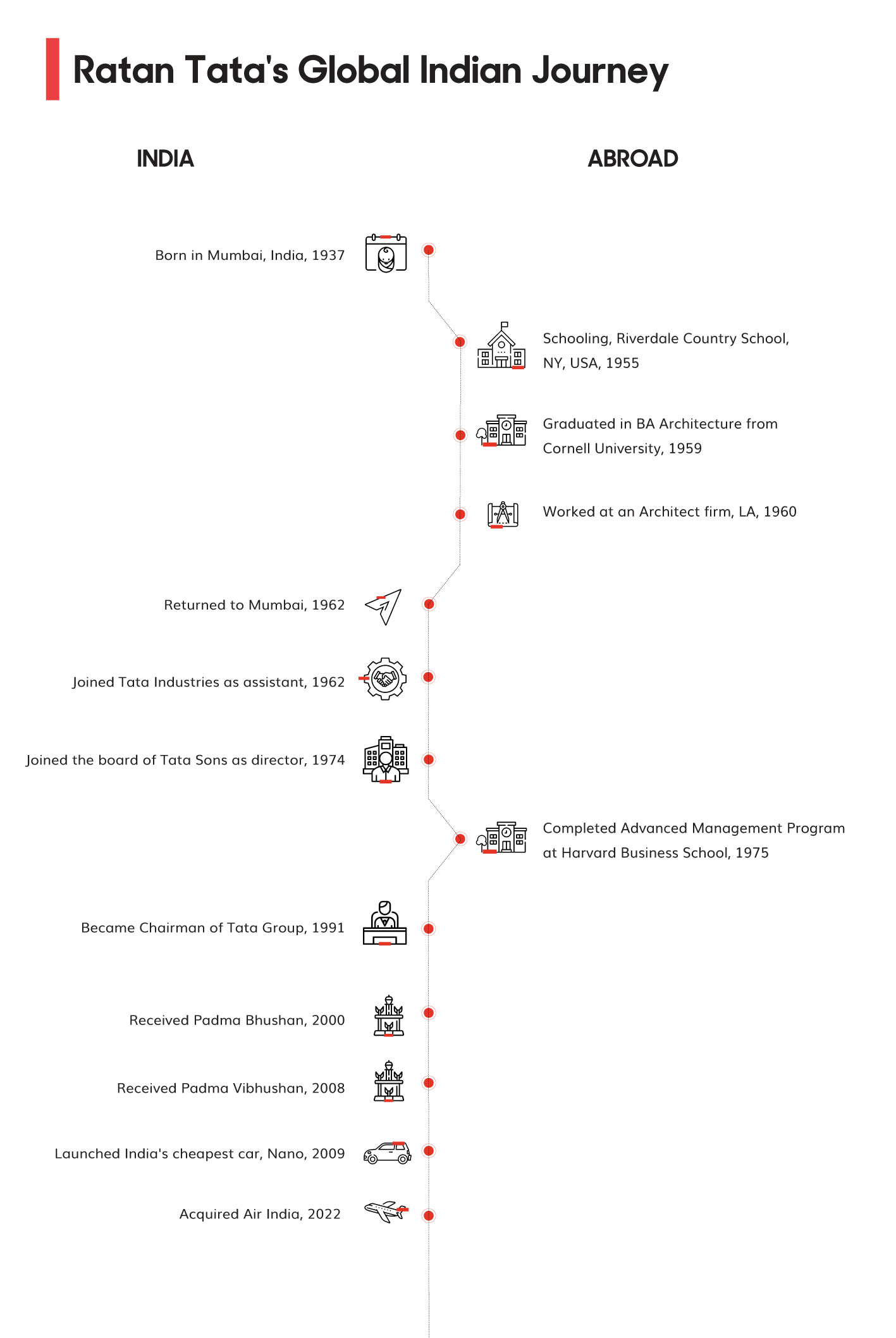
From navigating the complexities of family dynamics in his youth to becoming one of the most respected figures in global business, his journey was defined by perseverance, integrity, and an unwavering commitment to both his family and the communities he touched. In his own words,
“Apart from values and ethics, which I have tried to live by, the legacy I would like to leave behind is a very simple one – that I have always stood up for what I consider to be the right thing, and I have tried to be as fair and equitable as I could be.”
Today, as India mourns the loss of this giant, Ratan Tata’s legacy will undoubtedly endure — not just in the towering enterprises he helped build, but in the countless lives he impacted through his kindness, vision, and unshakable sense of duty.
- Discover more fascinating Stories

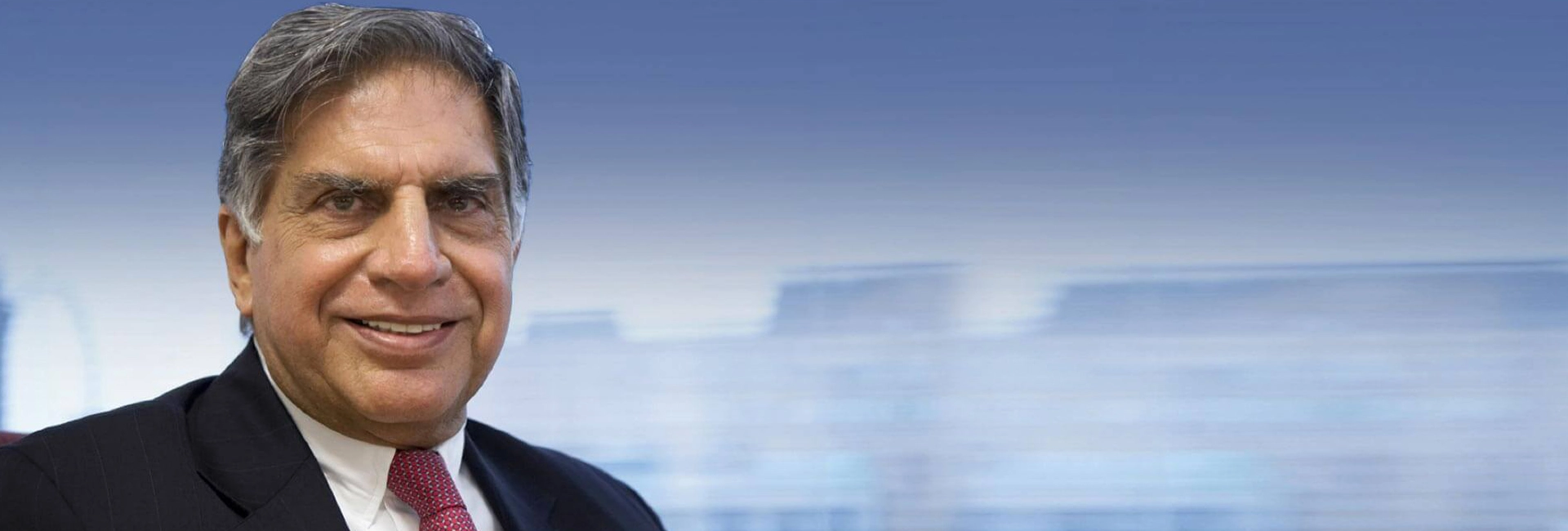

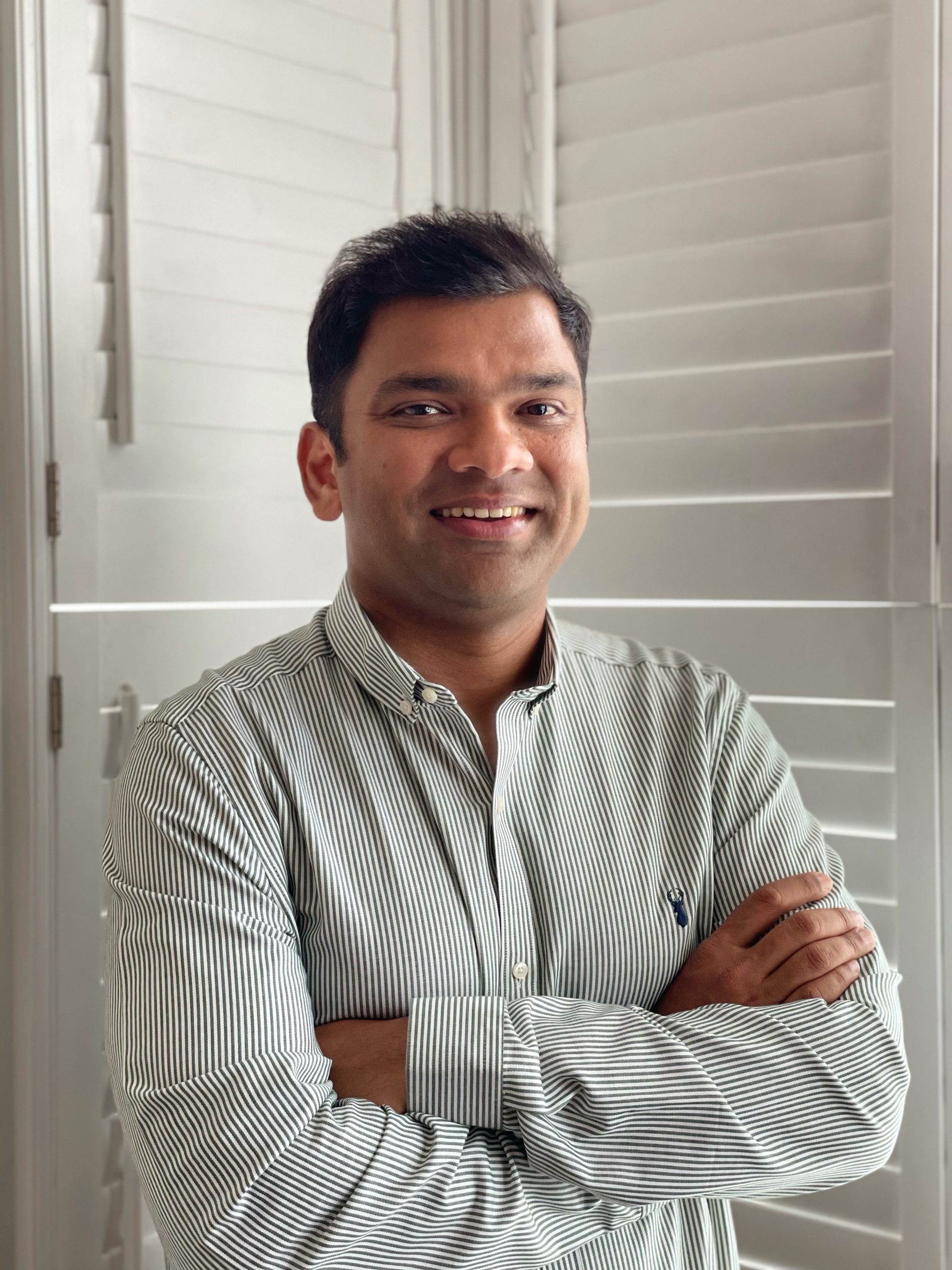 Dr Nayan Kalnad, CEO and co-founder, Avegen[/caption]
Dr Nayan Kalnad, CEO and co-founder, Avegen[/caption]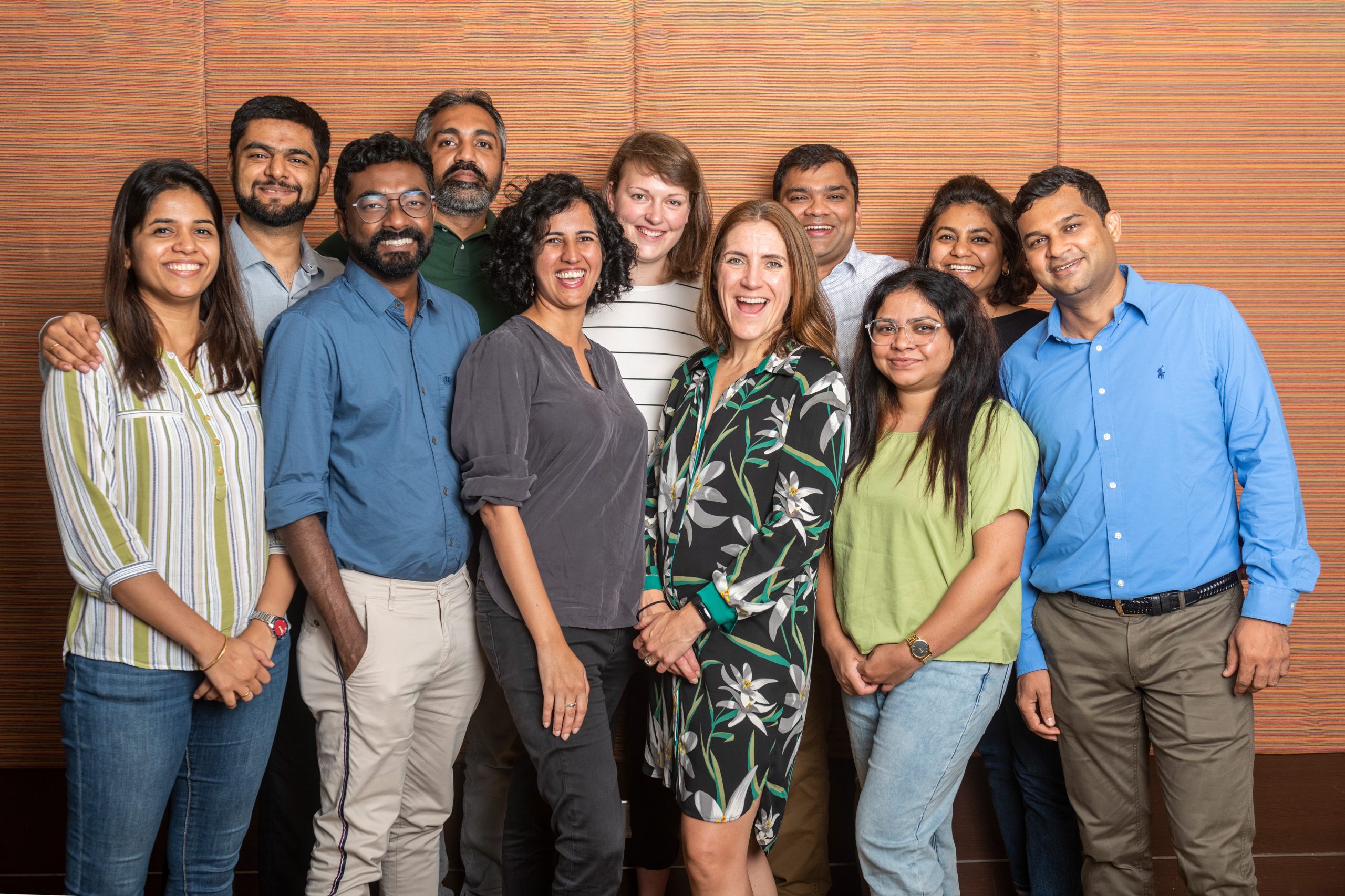 The Avegen team[/caption]
The Avegen team[/caption]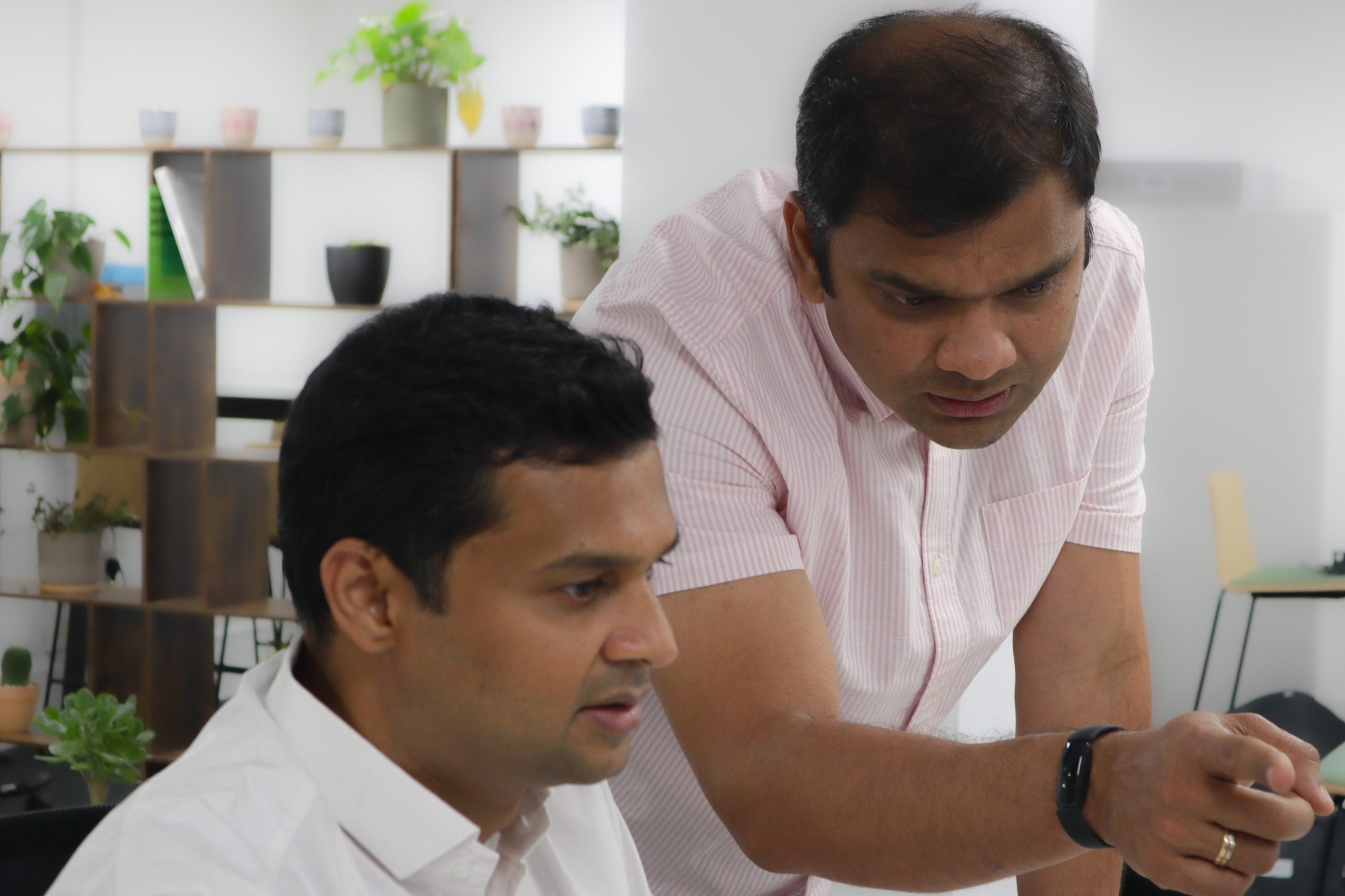


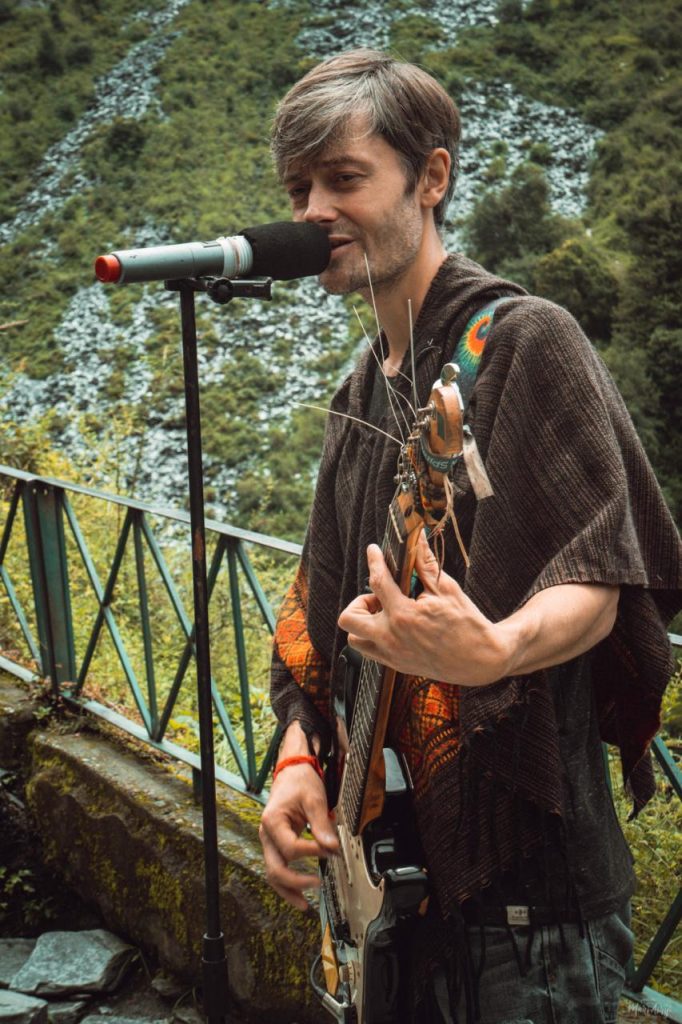
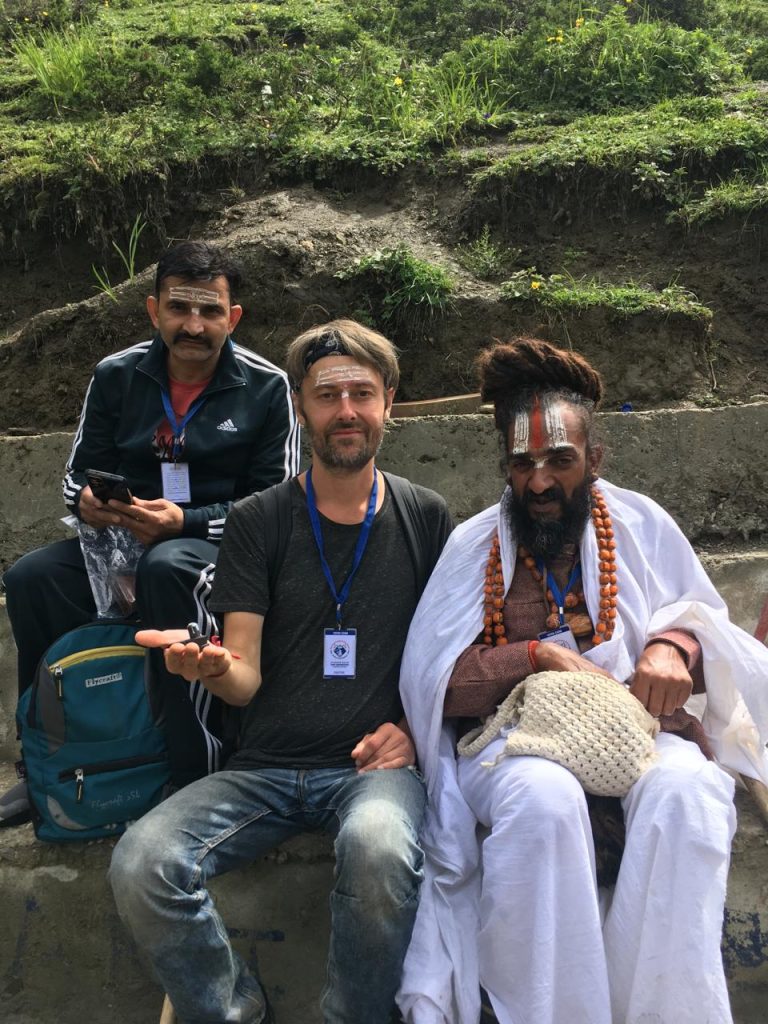
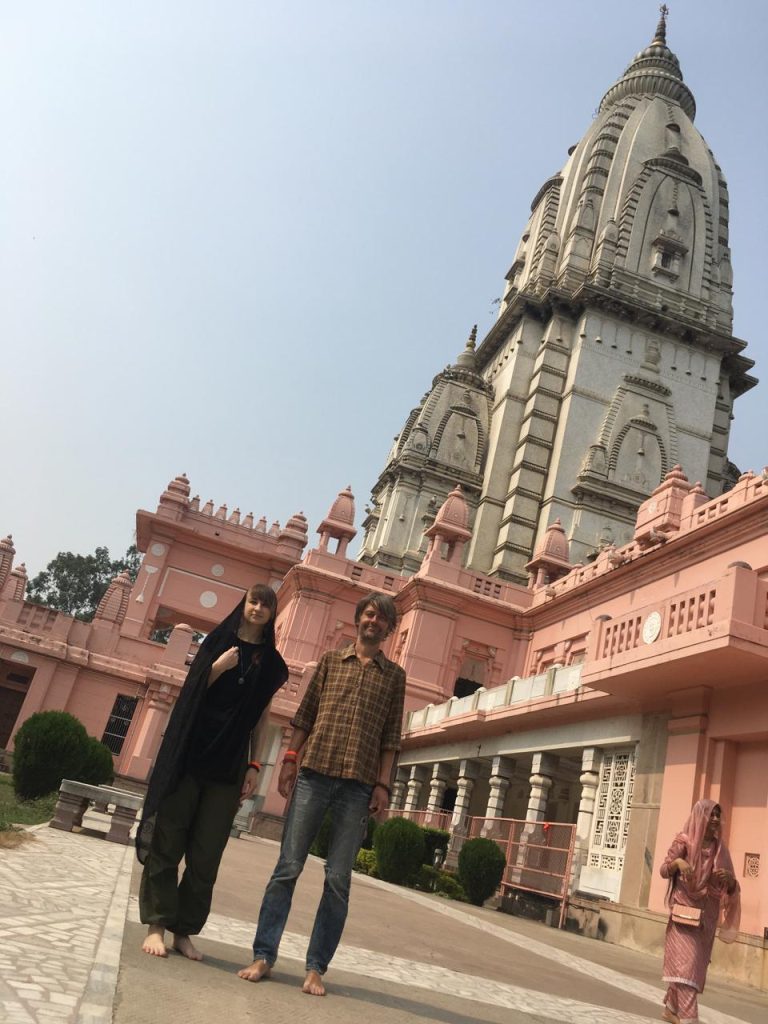

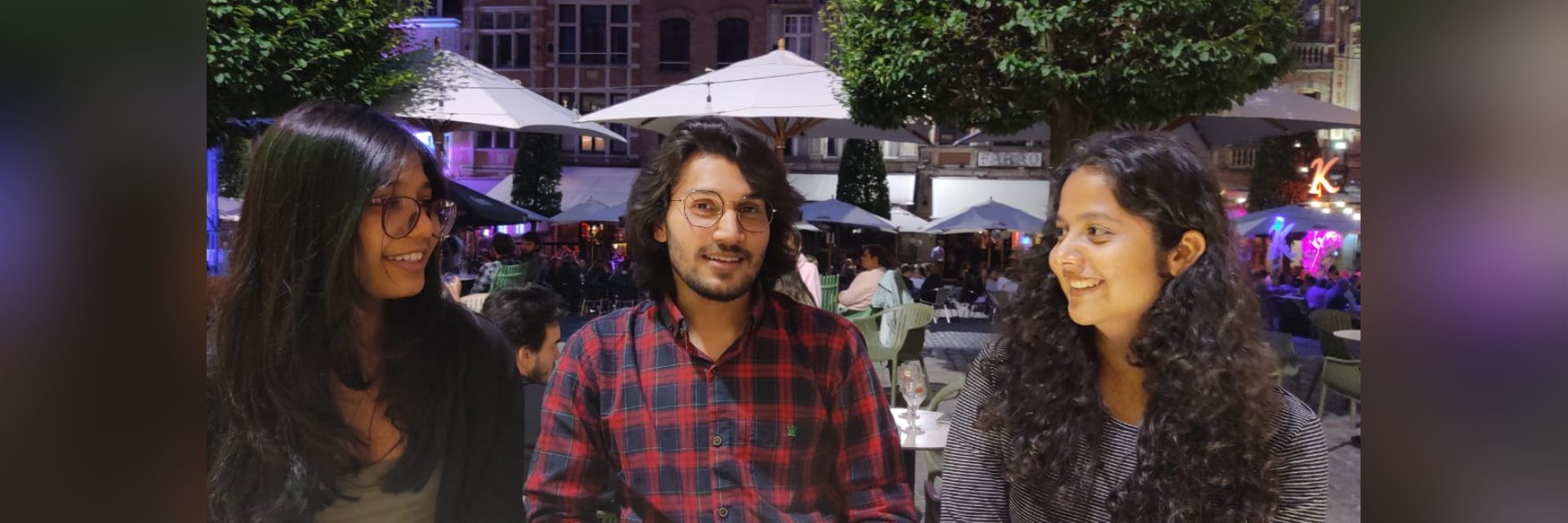
 The edible cutlery developed by the Anusuya, Apoorva and Varun[/caption]
The edible cutlery developed by the Anusuya, Apoorva and Varun[/caption]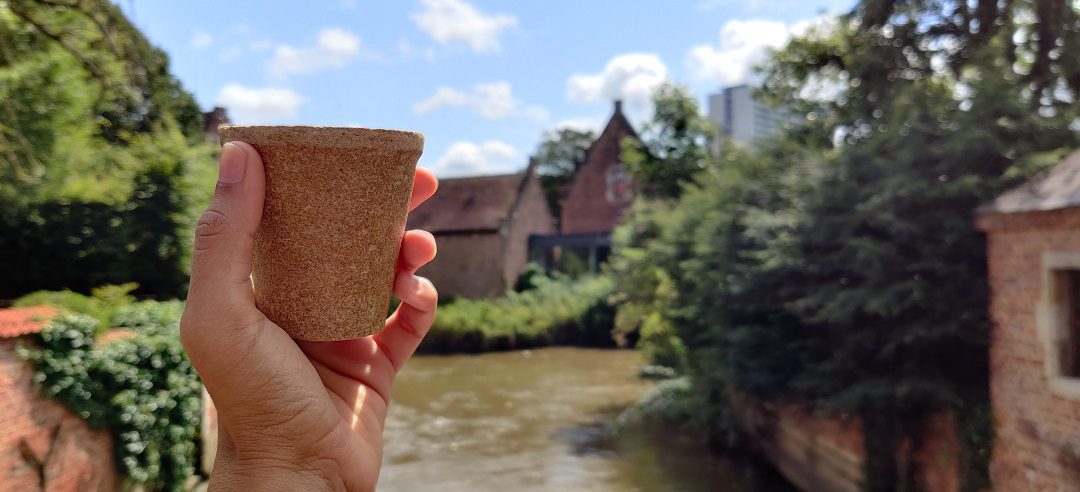
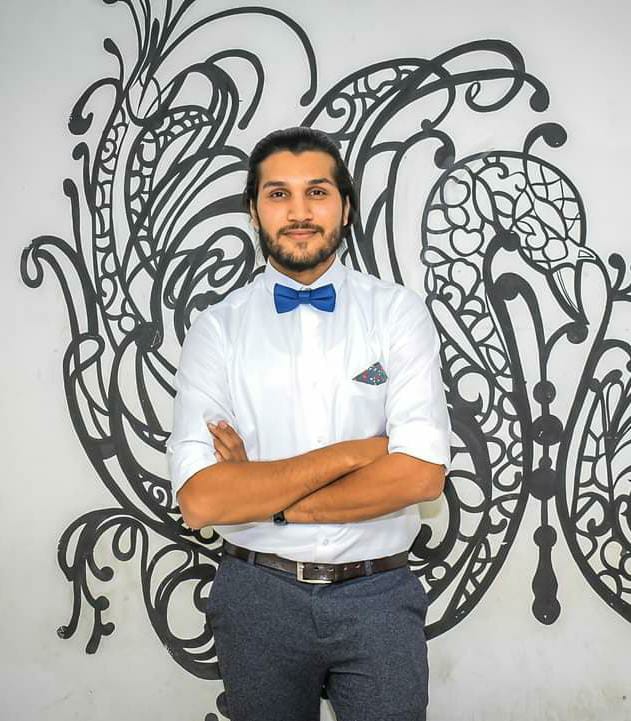 Varun Singh | KICK Challenge Student Award Winner[/caption]
Varun Singh | KICK Challenge Student Award Winner[/caption]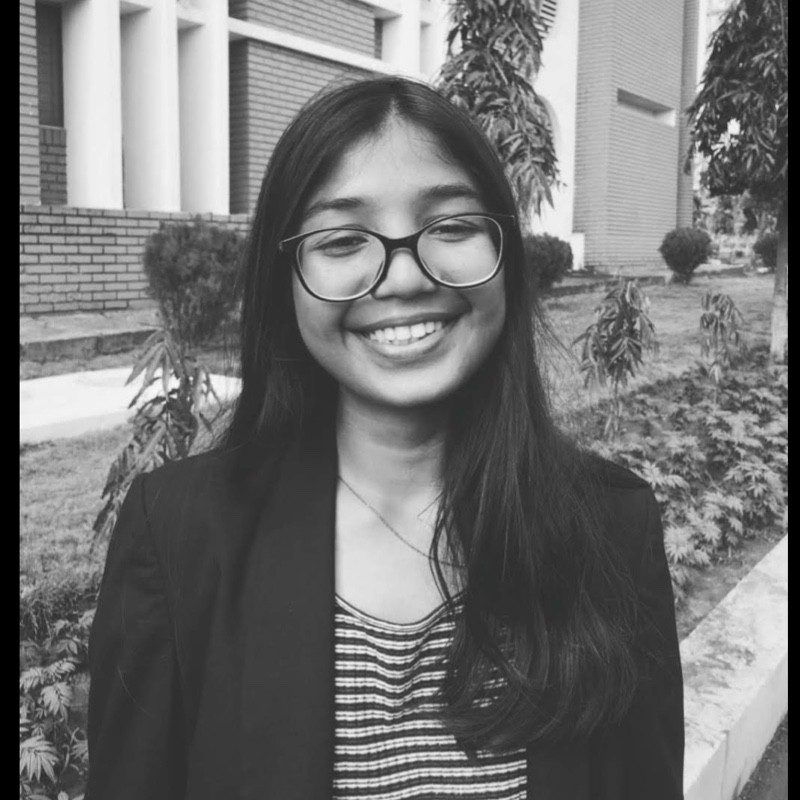 Anusuya Samantaray | KICK Challenge Student Award Winner[/caption]
Anusuya Samantaray | KICK Challenge Student Award Winner[/caption]
